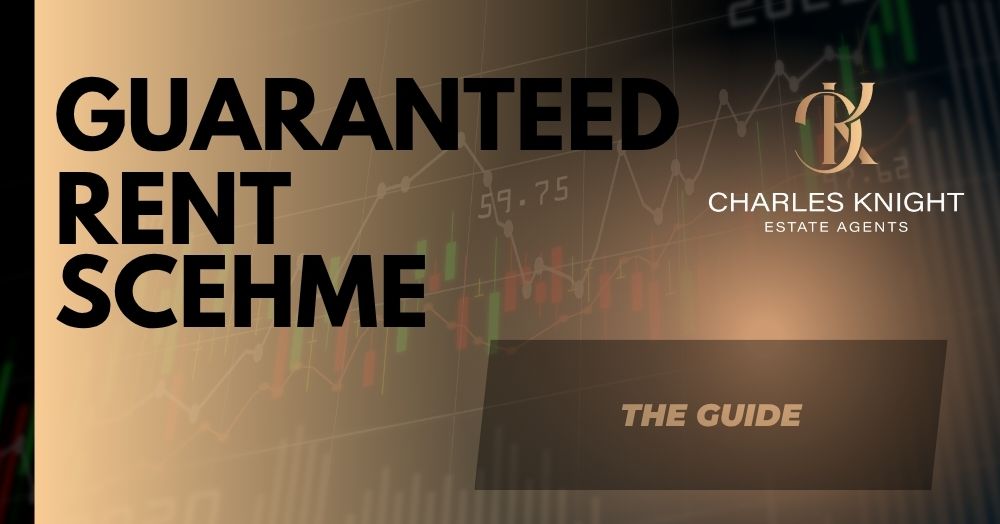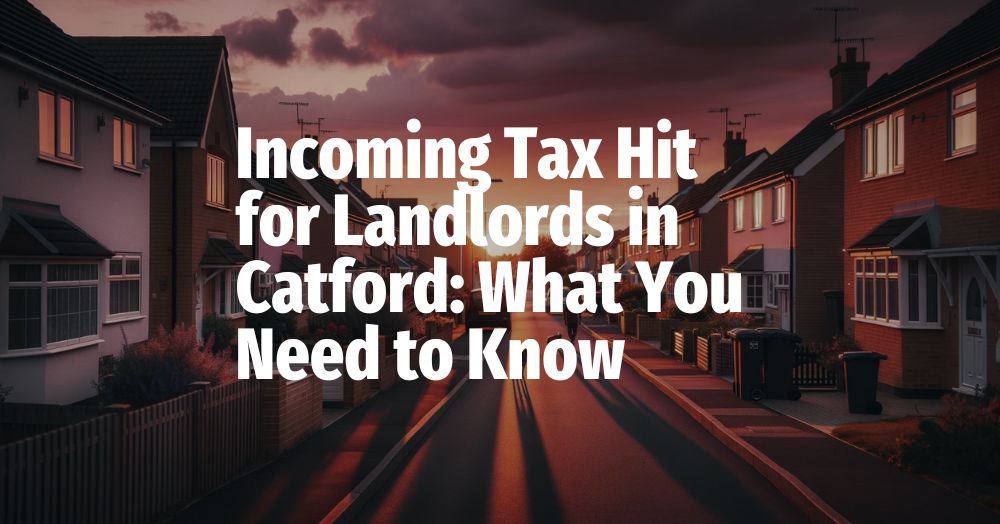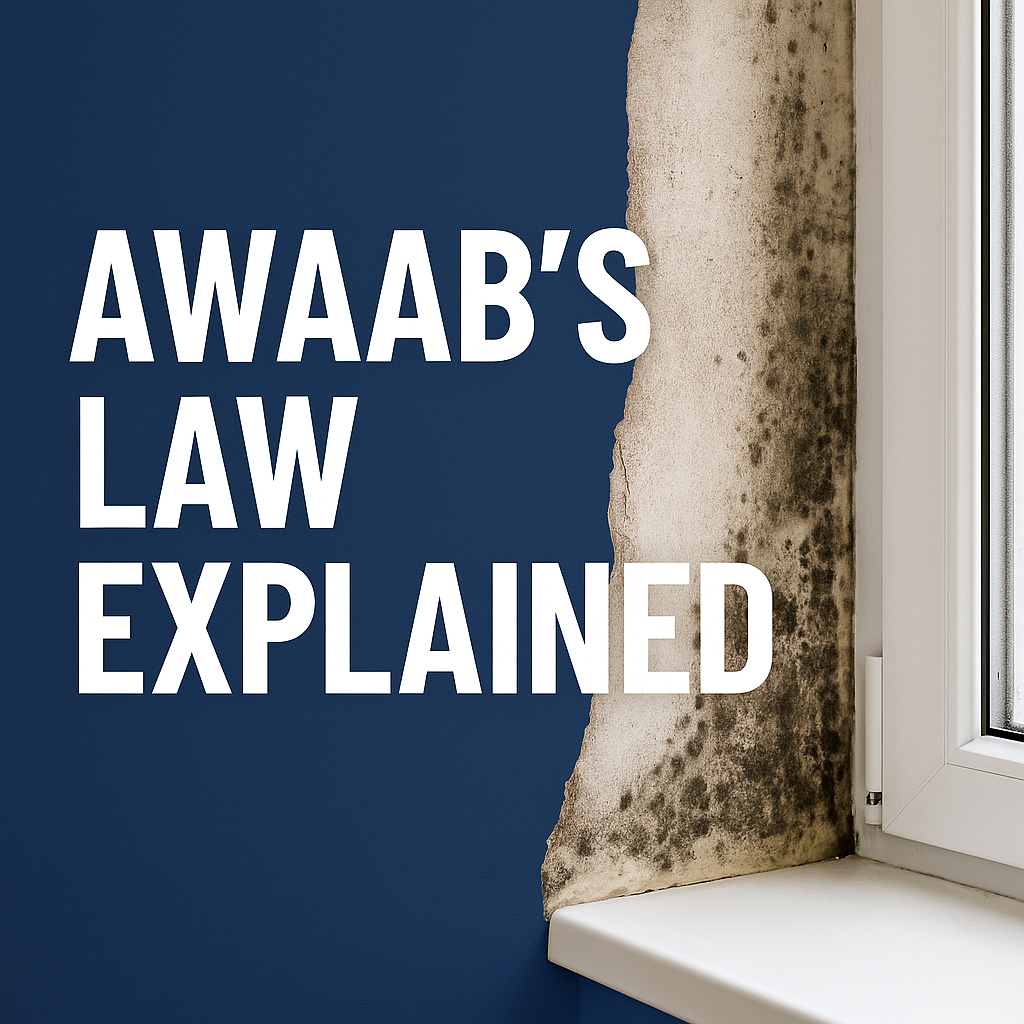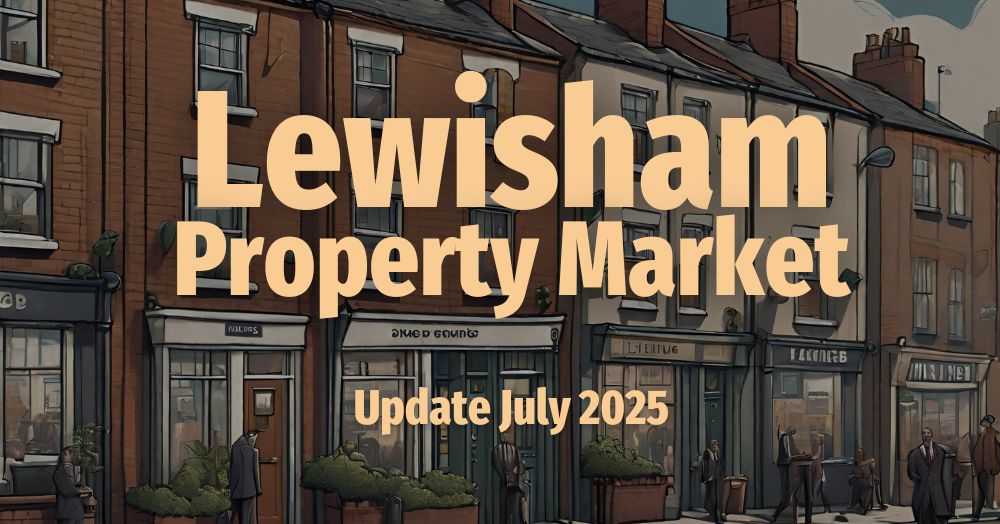If you’re a landlord in Catford or across Lewisham Borough, you’ll already know the rules for renting out property have changed dramatically in recent years. Now, a fresh wave of tax changes is on the horizon — and it’s essential to understand how they might affect your rental income, investment strategy, and long-term returns.
At Charles Knight Estate Agents Catford, we want to keep our landlords fully informed so they can make smart decisions. Here’s a breakdown of what’s coming, what it means for you, and how you can prepare.
Key Tax Changes Landlords Must Be Aware Of
1. National Insurance on Rental Income
The government has proposed applying National Insurance (NI) contributions to rental income. At present, landlords do not pay NI on rents, but if introduced, this could cut into your net returns significantly. Treasury estimates suggest this could raise more than £2 billion annually.
2. Making Tax Digital (MTD) for Landlords
From April 2026, landlords with rental income above £50,000 will be required to file their accounts quarterly using digital tax software. This will later extend to those earning £30,000+. If you own rental property in Catford, this means you’ll need to keep accurate digital records — spreadsheets won’t be enough.
3. Stamp Duty Land Tax (SDLT) Surcharges
The 3% surcharge for buy-to-let and additional property purchases remains in force, making it more expensive for Catford landlords to expand portfolios. With Catford’s popularity among renters growing, some investors may still see long-term value, but upfront costs are higher.
4. End of Furnished Holiday Let (FHL) Regime
From April 2025, landlords can no longer claim the special tax reliefs associated with Furnished Holiday Lets. While this mostly affects short-term rental investors, some Catford landlords with Airbnb-style properties will see reduced profitability.
5. Capital Gains Tax (CGT) Reductions
The annual CGT allowance has been cut, meaning more of your profit will be taxable when you sell a rental property. If you’re considering selling a Catford buy-to-let, this needs to be factored into your strategy.
What This Means for Catford Landlords
These changes add up to a tougher environment for landlords, especially those with slim margins. If you own property in Catford, you may face:
Higher tax bills eating into monthly income.
More admin due to quarterly reporting.
Reduced incentives for short-term lets.
Greater costs when buying or selling properties.
That said, Catford’s rental demand remains strong — driven by its affordability compared to central London, excellent transport links, and local regeneration projects. Well-managed properties continue to generate solid returns for landlords who adapt.
How Catford Landlords Can Prepare
| Action | Why It Matters |
|---|---|
| Review ownership structure | Holding property in a company can sometimes be more tax-efficient. |
| Claim all allowable expenses | Every repair, insurance premium, and management fee helps reduce your taxable income. |
| Start digital record-keeping now | With MTD coming in 2026, landlords who prepare early will avoid last-minute headaches. |
| Build a cash buffer | To cover new tax liabilities or maintenance costs. |
| Seek expert advice | An accountant or estate agent specialising in Catford lettings can help you structure things correctly. |
Final Thoughts
The incoming tax hit for landlords shouldn’t be ignored. By staying proactive and informed, Catford landlords can still protect their investments and maximise long-term profits.
At Charles Knight Estate Agents in Catford, we work closely with landlords to help them adapt to changing legislation while keeping their properties profitable.
Call us today on 02088524441 for advice on how these tax changes could affect your property.
Read More:



 By
By 




Share this with
Email
Facebook
Messenger
Twitter
Pinterest
LinkedIn
Copy this link